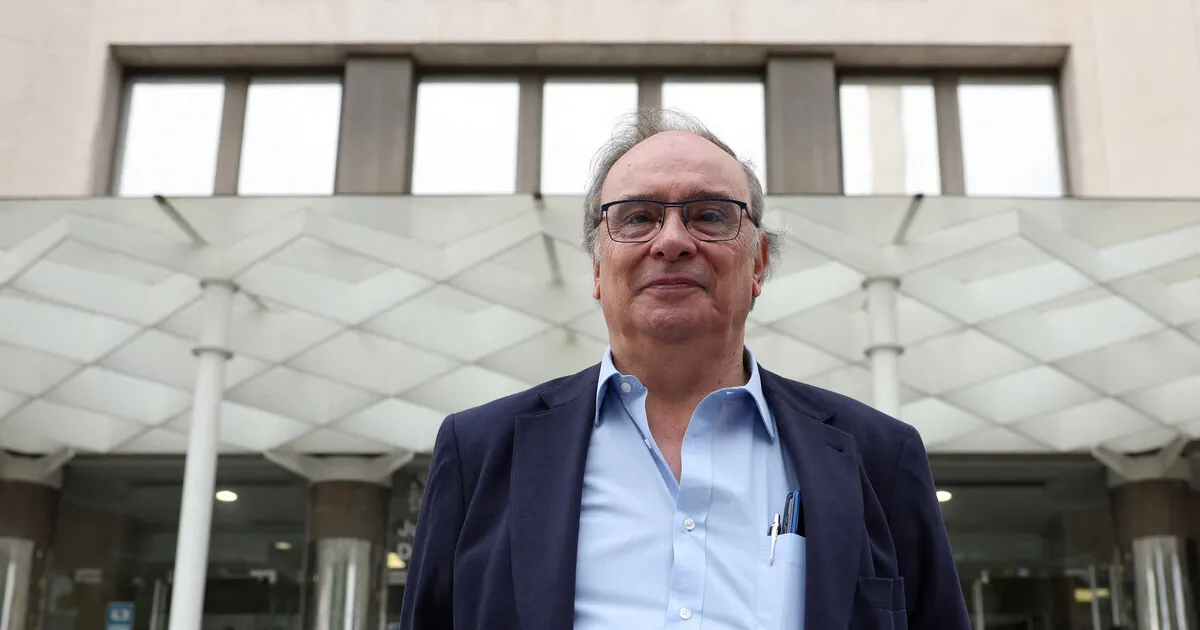Efforts to achieve justice for victims of torture under Spain’s four-decade Franco dictatorship have faced a significant setback. A recent judicial decision in Madrid has halted a landmark investigation into the torture suffered by Julio Pacheco, a teenager who was brutally abused by police just months before Franco’s death.
Despite Pacheco’s attempts to seek redress, the judge’s decision to shelve the case underscores the ongoing challenges in addressing historical injustices from this period.
Julio Pacheco, then a 19-year-old student and anti-Franco activist, was arrested in August 1975 on accusations related to a police officer’s murder. He was subsequently tortured for seven days at the Directorate-General for Security in Madrid and later imprisoned for “terrorism.”
Now 68, Pacheco sought justice through a lawsuit, hoping the recently enacted democratic memory law would offer him a path to accountability, despite the 1977 amnesty law that had previously shielded perpetrators from prosecution.

Spain’s Franco-Era Torture Case Halted as Court Decision Undermines Justice for Victims
The democratic memory law, passed in October 2022, aims to address the injustices of the civil war and Franco’s dictatorship, providing measures for justice, reparation, and dignity for victims.
It includes initiatives such as creating a national census and DNA bank to locate and identify remains, banning the glorification of the Franco regime, and redefining the Valley of the Fallen. Pacheco’s case was the first to be heard under this law, representing a hopeful moment for victims seeking redress.
However, the judge in Pacheco’s case ruled to shelve the investigation, citing the expiration of the statute of limitations for criminal charges and the constitutional court’s limits on the democratic memory law. Pacheco has appealed this decision and is prepared to take his case to higher courts if necessary, emphasizing that merely being heard was a significant step, even if the outcome was disappointing.
Human rights organizations, including Amnesty International and the CEAQUA platform, have criticized the court’s decision, arguing it perpetuates impunity and undermines the rule of law. They have called for the repeal of the amnesty law and greater efforts to address historical crimes.
The UN working group on enforced or involuntary disappearances has also urged Spain to revoke the amnesty law and ensure comprehensive and effective investigations into these past abuses.











































